Parliament ends part of judicial debate
Parliament has ended a debate in principle on draft laws on courts, court and public prosecution networks and their seats.
Tuesday, 11.11.2008.
09:45

Parliament has ended a debate in principle on draft laws on courts, court and public prosecution networks and their seats. MPs will met again in Belgrade on Wednesday at 10:00 CET to start a consolidated debate in principle on the draft legislation concerning judges and the High Judicial Council. Parliament ends part of judicial debate Earlier on Tuesday, Justice Minister Snezana Malovic, outlines the bills that include draft laws on judges, the High Judicial Council, the public prosecution, the Republic Prosecution Council, the headquarters and regions for the courts and public prosecution, changes and annexes to the law on misdemeanors, and the draft law on court governance. She said on that the new solutions envisioned by the draft laws would bring about fundamental reform of the justice system. While presenting the laws, the minister said that under the draft law on court governance, the highest court in Serbia would be the Supreme Court of Cassation, which would decide “on legal remedies.” Pointing out that the courts in Serbia would be divided into courts of general and special jurisdiction, Malovic explained that this division constituted a normative framework for the organization of courts and division of jurisdiction. The draft law on judges places responsibility on judges for the first time, while the selection of judges and their dismissal will be handled by a High Judicial Council, and not parliament as has been the case until now. The Council will also propose candidates for the first election of judges to parliament. Under the draft law on court governance, district courts will be replaced by elementary courts, county courts will be replaced by high courts, appeals and supreme cassation courts will be formed, and commercial courts will be replaced by industrial tribunals. Judges selected in accordance with the new laws will assume their new posts on January 1, 2010. The agenda contains a number of other laws, including changes to the law on insurance deposits and on the Insurance Deposit Agency, as well as changes to the law on passports. Malovic in parliament on Tuesday (Beta) Opposition in strong criticism The opposition on Tuesday strongly criticized the proposed legal solutions regulating the organization of judicial institutions. The main criticism referred to a new network of courts and prosecutor's offices, according to which the number of those would be reduced. LDP caucus Cedomir Jovanovic said that his party supports reelection of judges, since the judiciary had been politicized in the past, and evaluated that lustration should have been carried out in all segments of the society. Member of parliament from the Democratic Party of Serbia (DSS) Jovan Palalic said that the discussed bills had seriously disturbed the citizens in the parts of the country where courts will be closed down, evaluating that such a reform of justice is not taking the right course. Serb Radical Party (SRS) MP Zoran Krasic said that a new network of courts is being established to “simply submit the judiciary to the Democratic Party.” Ruling Democratic Party MP Vlatko Ratkovic underscored that all citizens should have access to justice and that its form may not be abstract and metaphorical, and that it must not be allowed to have trials last more than ten years. Balint Pastor from the Hungarian Coalition underscored that the bill on seats and regions of public prosecutors ignores the fact that Serbia is a multiethnic community and that basic courts need to be set up in Senta, Backa Topola and Becej to meet the needs of ethnic minorities. Representative of the coalition of Albanians from the Presevo valley Riza Halimi added that “a new network of judicial organs jeopardizes the constitutional obligation of courts to work in languages of ethnic minorities”.
Parliament ends part of judicial debate
Earlier on Tuesday, Justice Minister Snežana Malović, outlines the bills that include draft laws on judges, the High Judicial Council, the public prosecution, the Republic Prosecution Council, the headquarters and regions for the courts and public prosecution, changes and annexes to the law on misdemeanors, and the draft law on court governance.She said on that the new solutions envisioned by the draft laws would bring about fundamental reform of the justice system.
While presenting the laws, the minister said that under the draft law on court governance, the highest court in Serbia would be the Supreme Court of Cassation, which would decide “on legal remedies.”
Pointing out that the courts in Serbia would be divided into courts of general and special jurisdiction, Malović explained that this division constituted a normative framework for the organization of courts and division of jurisdiction.
The draft law on judges places responsibility on judges for the first time, while the selection of judges and their dismissal will be handled by a High Judicial Council, and not parliament as has been the case until now.
The Council will also propose candidates for the first election of judges to parliament.
Under the draft law on court governance, district courts will be replaced by elementary courts, county courts will be replaced by high courts, appeals and supreme cassation courts will be formed, and commercial courts will be replaced by industrial tribunals.
Judges selected in accordance with the new laws will assume their new posts on January 1, 2010.
The agenda contains a number of other laws, including changes to the law on insurance deposits and on the Insurance Deposit Agency, as well as changes to the law on passports.
Opposition in strong criticism
The opposition on Tuesday strongly criticized the proposed legal solutions regulating the organization of judicial institutions.The main criticism referred to a new network of courts and prosecutor's offices, according to which the number of those would be reduced.
LDP caucus Čedomir Jovanović said that his party supports reelection of judges, since the judiciary had been politicized in the past, and evaluated that lustration should have been carried out in all segments of the society.
Member of parliament from the Democratic Party of Serbia (DSS) Jovan Palalić said that the discussed bills had seriously disturbed the citizens in the parts of the country where courts will be closed down, evaluating that such a reform of justice is not taking the right course.
Serb Radical Party (SRS) MP Zoran Krasić said that a new network of courts is being established to “simply submit the judiciary to the Democratic Party.”
Ruling Democratic Party MP Vlatko Ratković underscored that all citizens should have access to justice and that its form may not be abstract and metaphorical, and that it must not be allowed to have trials last more than ten years.
Balint Pastor from the Hungarian Coalition underscored that the bill on seats and regions of public prosecutors ignores the fact that Serbia is a multiethnic community and that basic courts need to be set up in Senta, Bačka Topola and Bečej to meet the needs of ethnic minorities.
Representative of the coalition of Albanians from the Preševo valley Riza Halimi added that “a new network of judicial organs jeopardizes the constitutional obligation of courts to work in languages of ethnic minorities”.













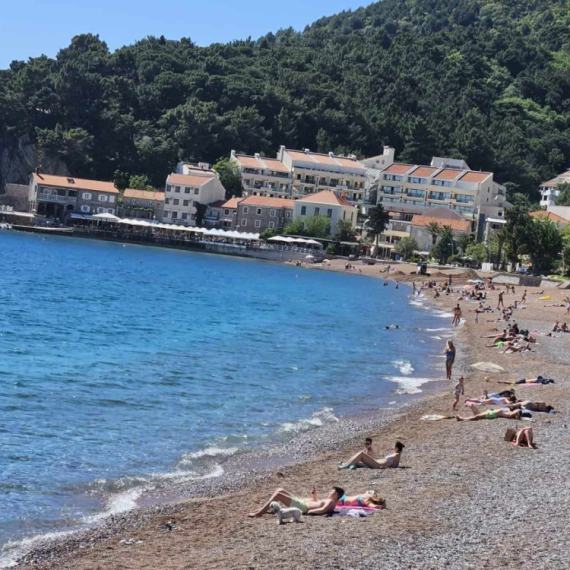


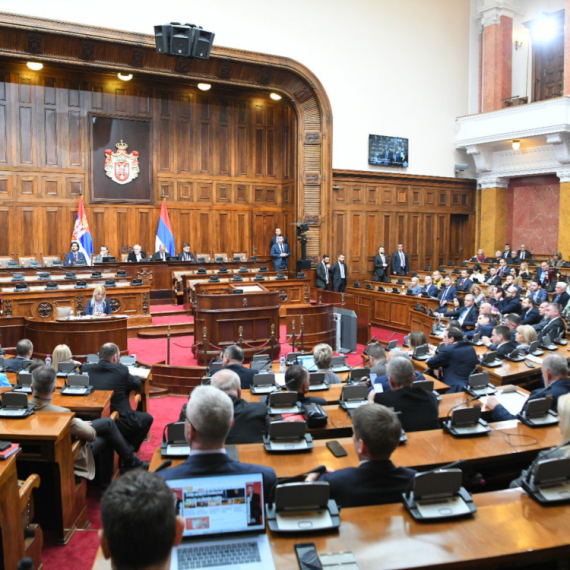

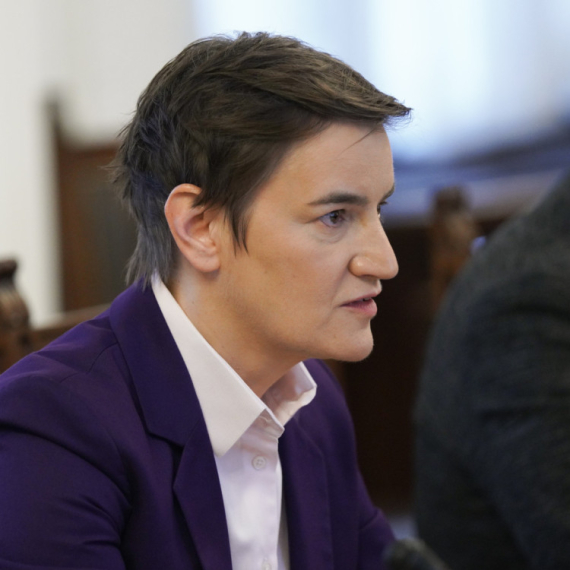






























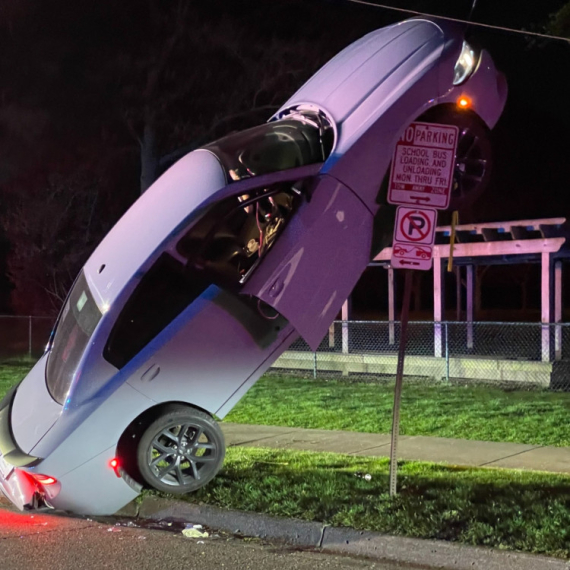

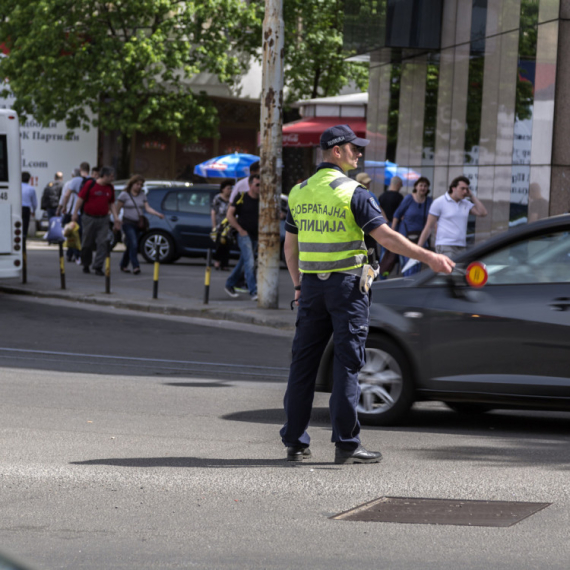



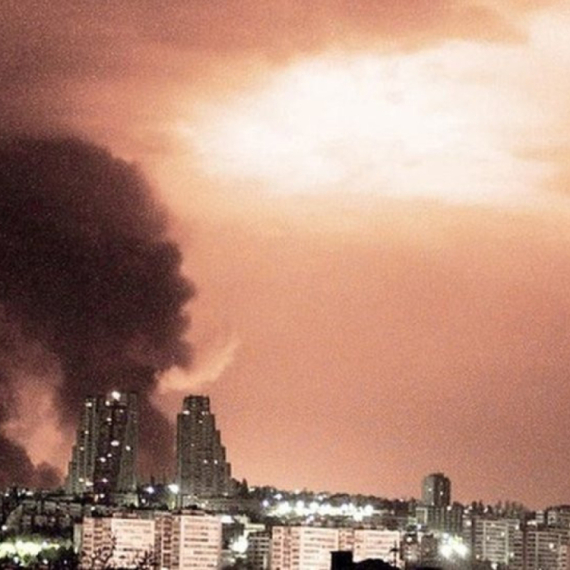
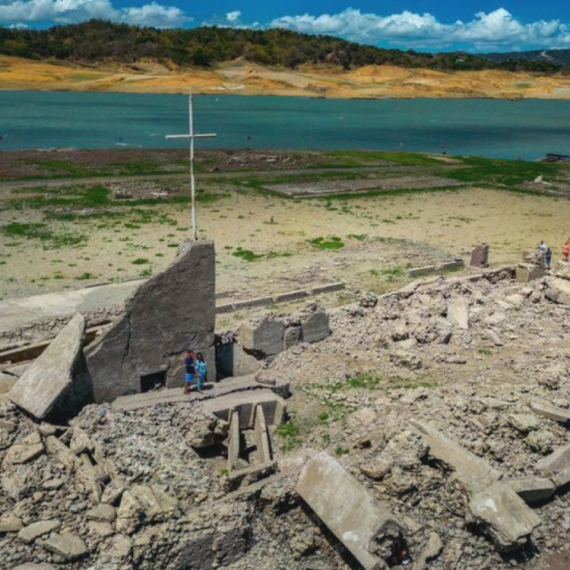



Komentari 0